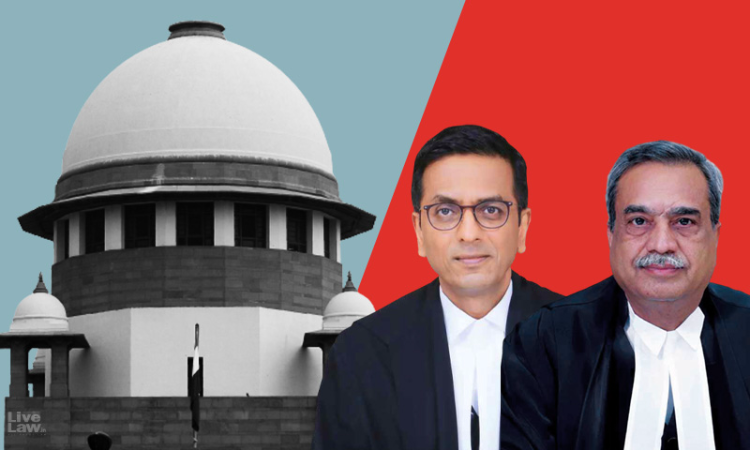Being National Green Tribunal, NGT Must Have Alacrity, Concern For Environment: Supreme Court
Mehal Jain
1 July 2021 5:21 PM IST

Next Story
1 July 2021 5:21 PM IST
"Being the 'National Green Tribunal', the NGT must have some alacrity and concern for the environment!", observed Justice D. Y. Chandrachud on Thursday.The bench of Justices Chandrachud and M. R. Shah was considering an appeal arising out of the NGT's adjudication of allegations of failure of authorities in preventing the blowout of Baghjan 5 oil well of the Respondent-Oil India Ltd.,...
